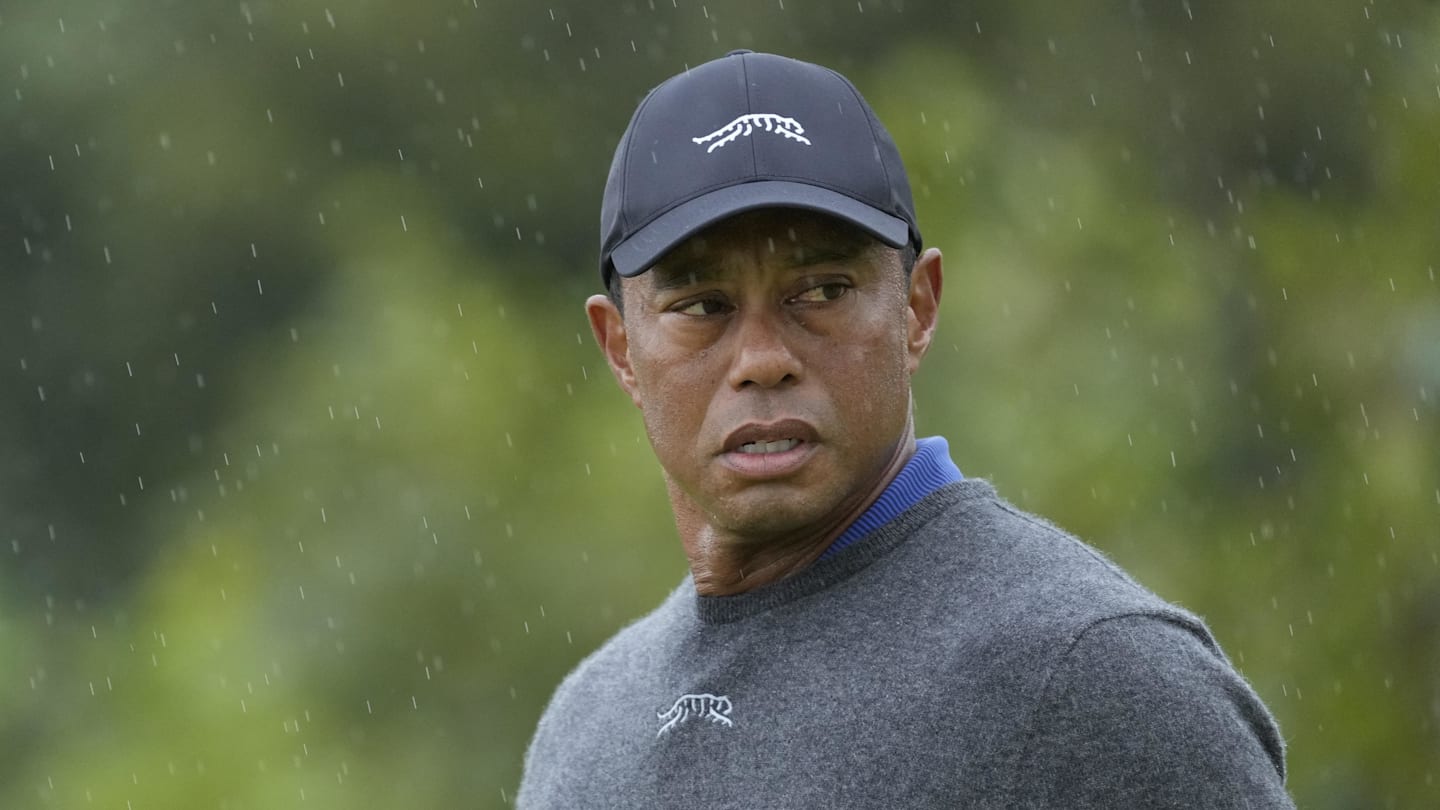Jobs
Biden Blocks US Steel Sale: Impacts on Jobs and Japan Relations

President Joe Biden’s shortsighted plan to block the sale of U.S. Steel to Japan’s Nippon Steel puts politics above the long-term interests of steel workers, Pennsylvanians and United States national interest. By opposing the $14.9 billion acquisition, the Biden administration also risks straining our important relationship with Japan, while making it easier for China to strengthen its grip on the global steel industry, a sector vital to both our economy and national security.
The opposition to the deal is driven purely by political motivations. Stated simply, the United Steelworkers union, a powerful political force in Pennsylvania and other industrial states, opposes the Nippon Steel transaction in favor of a domestic bidder like Cleveland-Cliffs. And with the 2024 election approaching, the Biden/Harris administration prioritizes union support over most other concerns, particularly in battleground states like Pennsylvania.
That political maneuvering, however, comes at the expense of real, long-term economic growth and competitiveness.
Nippon Steel has already pledged to invest an eye-popping $2.7 billion to modernize aging facilities in the Mon Valley and Gary, Indiana. That substantial investment would not only upgrade U.S. Steel’s outdated existing infrastructure, but also help maintain thousands of well-paying union jobs that should be of foremost concern to the United Steelworkers.
Without this deal, in contrast, U.S. Steel has warned that these plants could close, and the company might even move its headquarters out of Pittsburgh — a city synonymous with American steel. Accordingly, the state of Pennsylvania – which remains home to some of U.S. Steel’s largest operations – also stands to benefit from Nippon Steel’s superior offer.
The union expresses concern about potential layoffs, which is understandable, but Nippon Steel has committed to keeping those jobs in place at least through 2026. More importantly, the deal would allow U.S. Steel to stay competitive in an increasingly global market. Without Nippon’s investment, U.S. Steel simply doesn’t have the resources to modernize its production facilities and keep up with international competitors. Ultimately, that would end the jobs with which the union expresses such concern.
Even more shamefully, the Biden/Harris administration’s opposition to the deal flows from partisan calculation than national security concern.
First, Japan remains one of America’s closest, strongest and most trusted allies. Indeed, the U.S. and Japan are bound by a mutual defense treaty, and Japan plays a key role in maintaining stability in the critical Indo-Pacific region. Allowing Nippon Steel to acquire U.S. Steel would pose no national security threat, but blocking it on the basis of partisan self-interest would.
More broadly, the Nippon Steel proposal would increase America’s ability to compete globally, particularly against China, which already dominates the steel market. As just one illustration, China’s Baowu Group is the world’s largest steel producer, and if U.S. Steel can’t modernize via the Nippon Steel proposal, it risks falling even further behind. The combined forces of U.S. Steel and Nippon Steel would create the second-largest steel producer in the world, giving the U.S. and Japan a better position to compete with China.
Accordingly, in today’s global economy, combining forces and building stronger commercial ties with allies like Japan are critical — not just for economic reasons but for national security as well.
Blocking the deal, in contrast, sends the wrong message to both foreign investors and our global allies. It suggests that some U.S. leaders are more concerned with short-term political gain than fostering long-term, mutually beneficial relationships. At a time when geopolitical tensions are rising, we should be encouraging investment from trusted allies, not turning it away or jeopardizing it through the Biden/Harris administration’s political gamesmanship.
Simply put, the U.S. Steel/Nippon Steel proposal is beneficial for all parties about whom the Biden/Harris administration should care. It would help preserve American jobs, modernize U.S. Steel’s facilities and strengthen the U.S.-Japan partnership, all while helping to counter China’s dominance in the steel industry.
The Biden administration must reconsider its dangerous stance and allow the deal to move forward, putting the long-term interests of American workers and the economy ahead of short-term political considerations.
Timothy H. Lee is Senior Vice President of legal and public affairs at the Center for Individual Freedom.
Reprinted with Permission from CFIF.org – By Timothy H. Lee
The opinions expressed by columnists are their own and do not necessarily represent the views of AMAC or AMAC Action.









